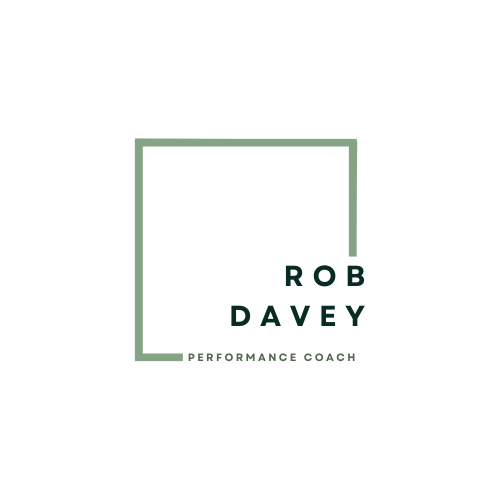Conquering Fear: Unleashing Your Best Self
Fear is an ancient survival mechanism designed to make us hyper-aware of threats from our environment. That was very useful when we were hunter-gatherers having to navigate life surrounded by predators. These days, (unless you live in or visit the Northern Territory or Far North Queensland!) such physical threats are largely nullified.
The physiological response that fear represents however is the same, whether it's initiated by the imminency of making a public speech (often rated as modern day people's greatest fear), about to have an uncomfortable conversation with someone or standing on a platform about to bungee jump or to jump into the water on a scuba dive. Paradoxically therefore, fear can hinder our modern-day quest for personal development. To evolve into our best selves, it's imperative to dissect how fear operates and implement strategies to dismantle its sometimes painfully inhibiting influence.
Fear is often rooted in uncertainty, the dread of failure or the anticipation that we'll be negatively judged (publicly or privately). It can have a significantly potent influence on us, stifling individuals from embracing risks, change, and reaching their full potential. Unveiling fear's impact on personal development is the initial stride towards liberating oneself from its clutches. Here are five strategies to conquer your personal fears and unlock personal development:
Adopt a Growth Mindset: Nurturing a growth mindset involves perceiving abilities and intelligence as malleable traits developed through dedication and effort. This shift in perspective transforms the fear of failure into an opportunity for learning and growth. Understand that setbacks are stepping stones, not stumbling blocks. Reframing failures as learning opportunities can be a powerful tool in freeing oneself of our inhibitions.
Incremental Exposure to Fears: Instead of avoidance, confront your fears gradually. Break down intimidating challenges into smaller, more manageable steps. This incremental exposure desensitises you to fear-inducing stimuli, building resilience and generating confidence in your ability to face and overcome fears.
Forge a Support Network: Share your fears with a trusted support network. Whether confiding in family, friends, a coach or a mentor, opening up about fears brings valuable insights, perspectives, and encouragement. The knowledge that others have faced similar fears and triumphed can be a powerful motivator to navigate through your own. Sometimes we just need to have someone ask the right question, give us the impetus through advice or just be there as a sounding board to give us the energy to move forward.
Set Achievable Milestones: Fear often arises when faced with unrealistic expectations. A major project, an overwhelming list of new tasks when we're already busy or a particularly complex problem can all give rise to a fear of failure. Fragment your personal development goals into achievable, realistic milestones. Celebrate each small victory, reinforcing the belief in your capacity to progress. Create boundaries/parameters and communicate them. Realistic goals diminish the intimidation factor, making progress or development a manageable and less daunting endeavour.
Embrace Change as a Catalyst: Fear of the unknown, especially in the guise of change, frequently impedes personal development. Rather than resisting change, perceive it as an opportunity for growth. Recognise that change brings novel experiences, learning opportunities, and the chance to unveil latent aspects of your identity that may remain dormant when we're too comfortable with the familiarity of where and who we are.
Fear, though an innate response, does not need to shackle personal development indefinitely. By comprehending its origins and implementing strategic methodologies, individuals can dismantle fear's barricades and unlock their genuine potential. Change happens at the edge of discomfort. A certain global sportswear corporation has built a whole brand ethos around the notion that embracing discomfort is a winning formula. More specifically Susan Jeffers coined the phrase in her book of the same name "Feel the fear and do it anyway." It is in the act of doing that fear relinquishes its grip, paving the way for personal growth and a more fulfilling life.
If you find any of the above resonates and want to enlist support for a challenge you're facing, please reach out for a free 15 minute discussion as to how I might help.
